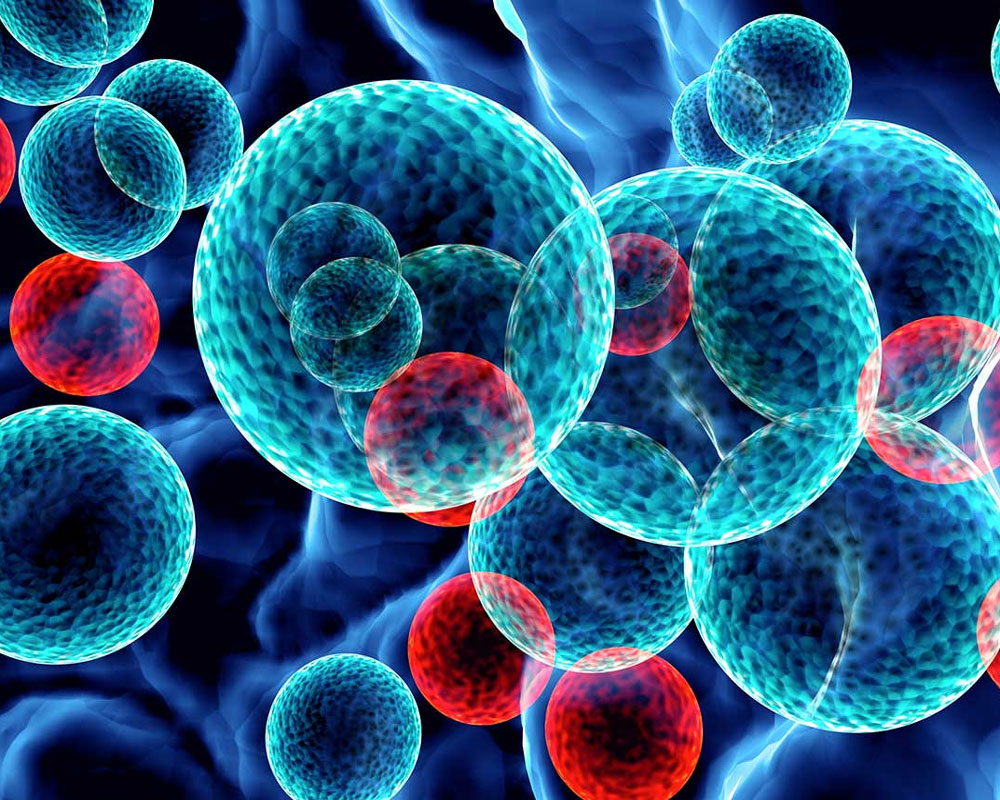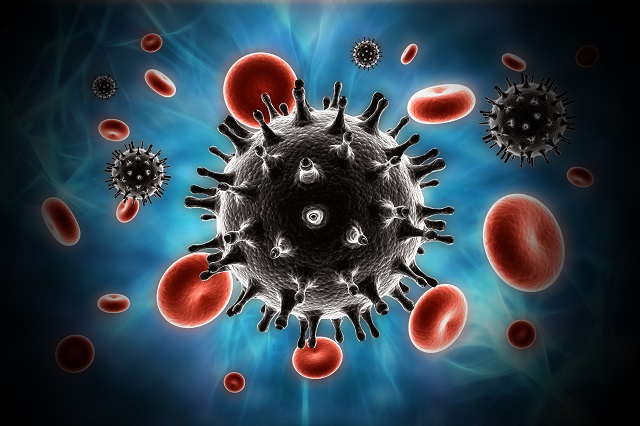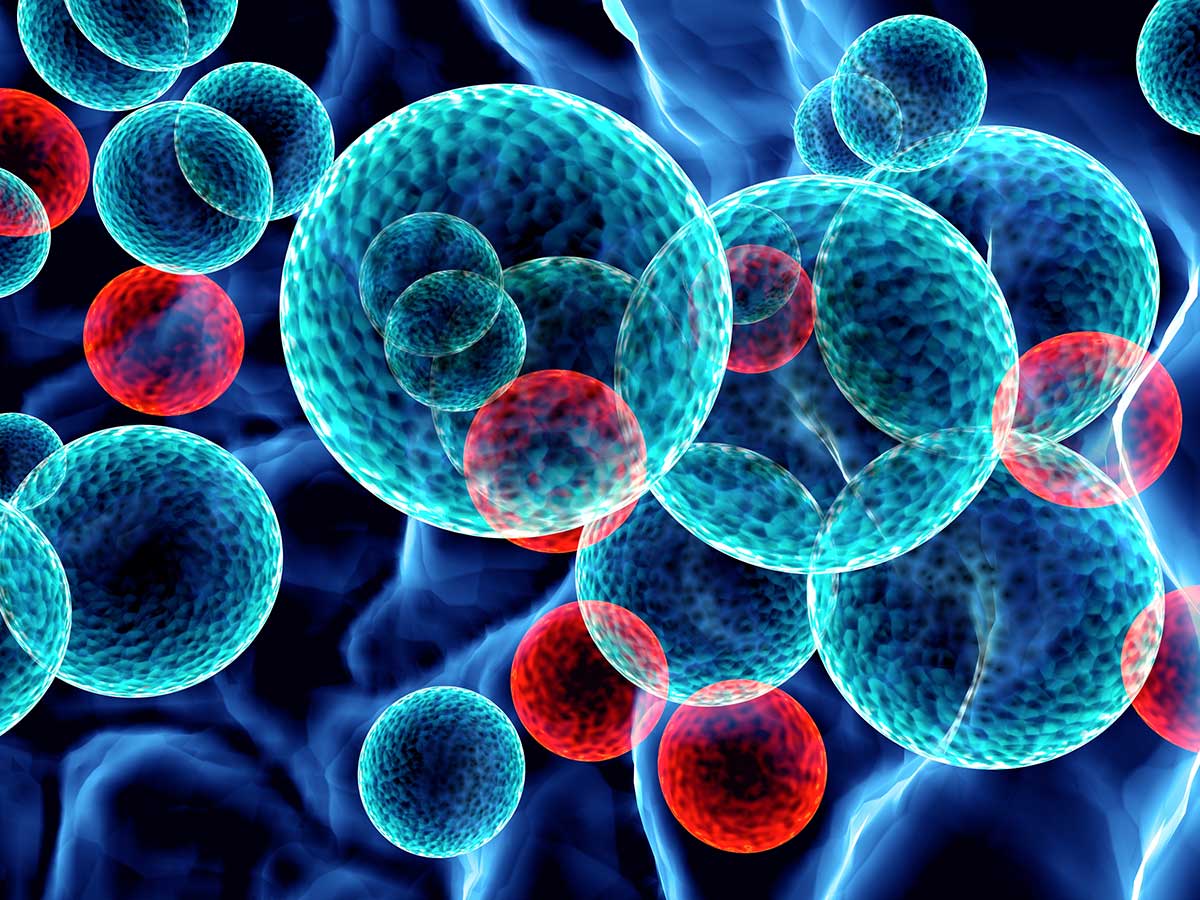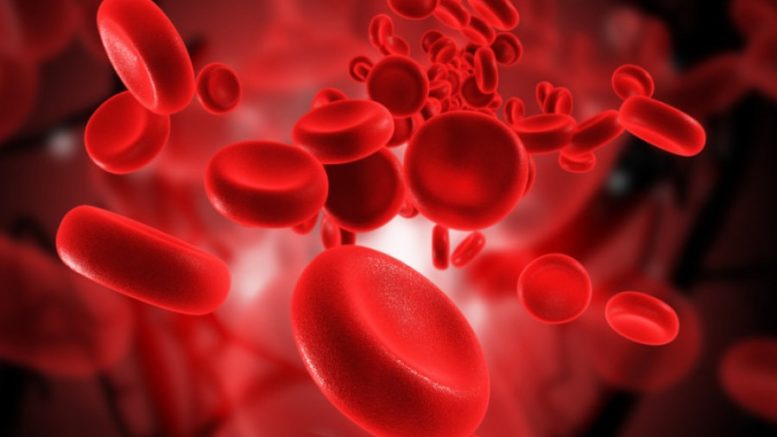Nanoparticles are discovered in different processed food such as food additives, consumer products, and even in medicine. NUS scientists found that cancer nanomedicine, which are intended to kill cancer cells, may quicken metastasis. Scientists utilized breast cancer as a model and discovered that common nanoparticles produced using gold, titanium dioxide, silver and silicon dioxide – and furthermore utilized in nanomedicines – broaden the gap between blood vessel cells, making it simpler for different cells, for example, cancer cells, to go all through ‘leaky’ blood vessels.
‘Nnanomaterials induced endothelial leakiness’ (NanoEL) by the NUS group, quickens the movement of cancer cells from the essential tumor and causes circulating cancer cells escape from blood circulation. This outcomes in quicker foundation of a greater secondary tumor site and starts new secondary sites beforehand not accessible to cancer cells. Moreover, the NUS analysts are saddling the NanoEL impact to design progressively successful treatments. For example, nanoparticles that induce NanoEL can potentially be utilized to increase blood vessel leakiness, thus advancing the entrance of medications or repairing stem cells to diseased tissues that may not be originally accessible to therapy. The investigation was published in scientific journal Nature Nanotechnology on 28 January 2018.
“The interactions between these tiny nanomaterials and the biological systems in the body need to be taken into consideration during the design and development of cancer nanomedicine. It is crucial to ensure that the nanomaterial delivering the anti-cancer drug does not also unintentionally accelerate tumor progression. As new breakthroughs in nanomedicine unfold, we need to concurrently understand what causes these nanomaterials to trigger unexpected outcomes,” said explained research co-leader Associate Professor David Leong from the Department of Chemical and Biomolecular Engineering at NUS Faculty of Engineering.




